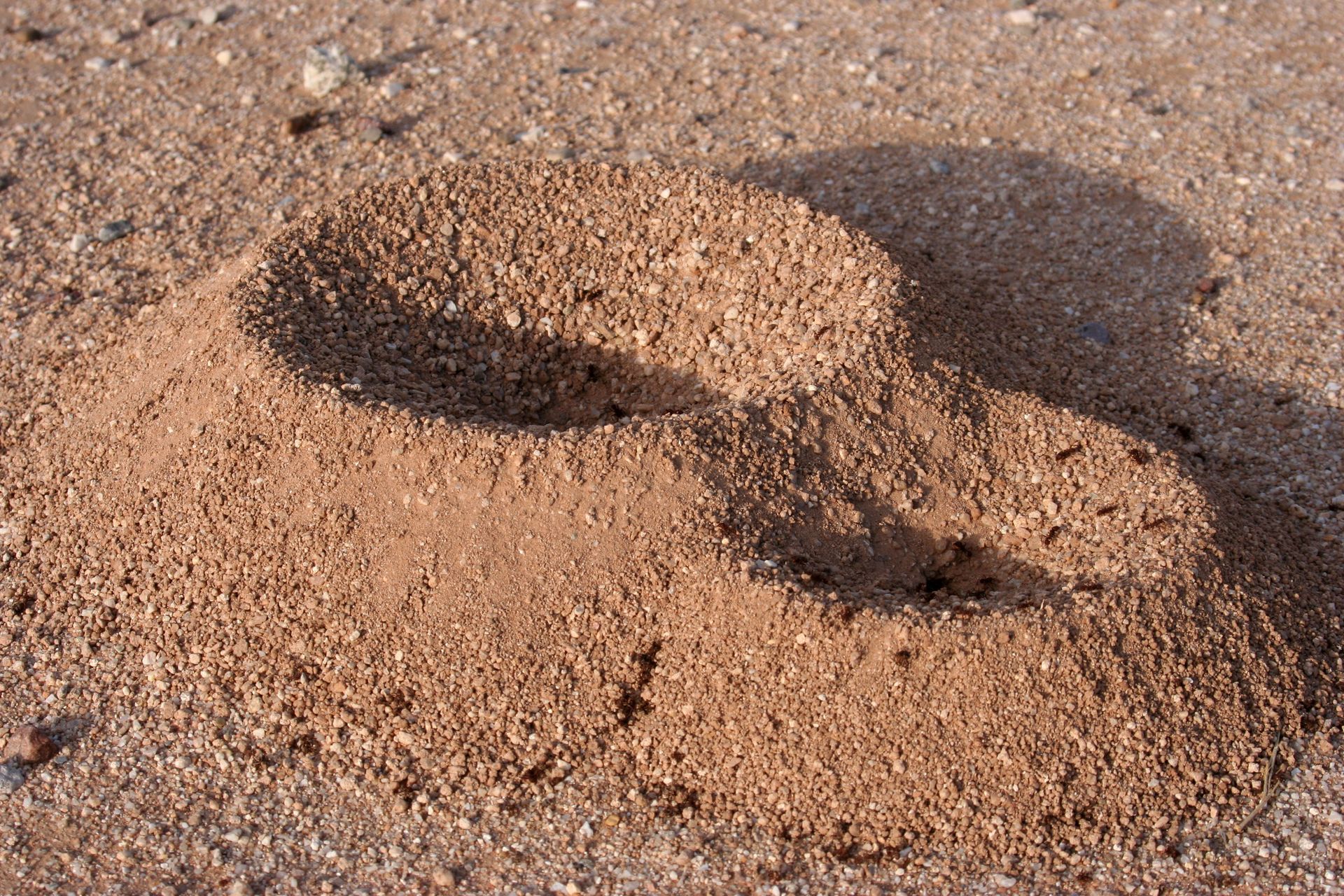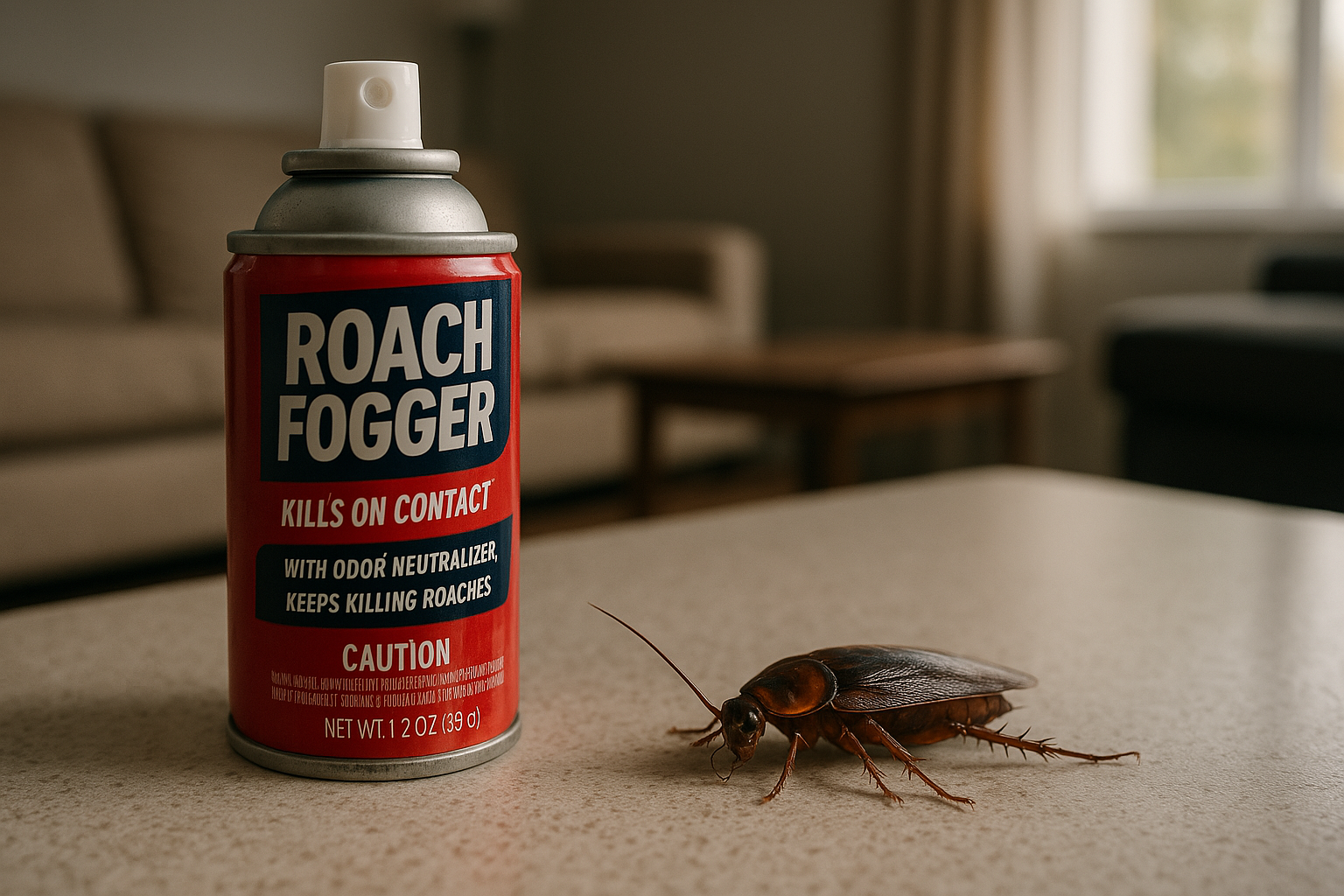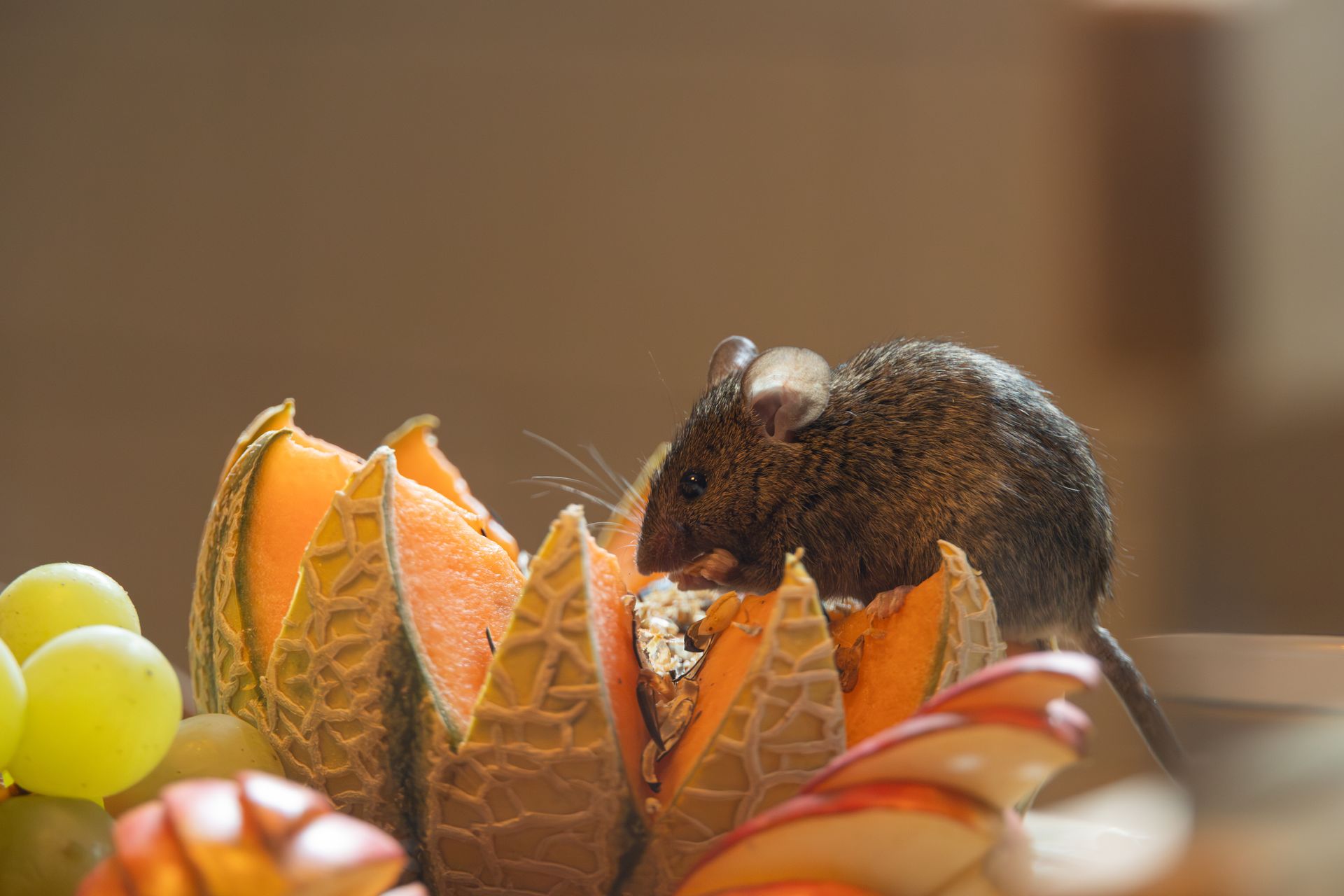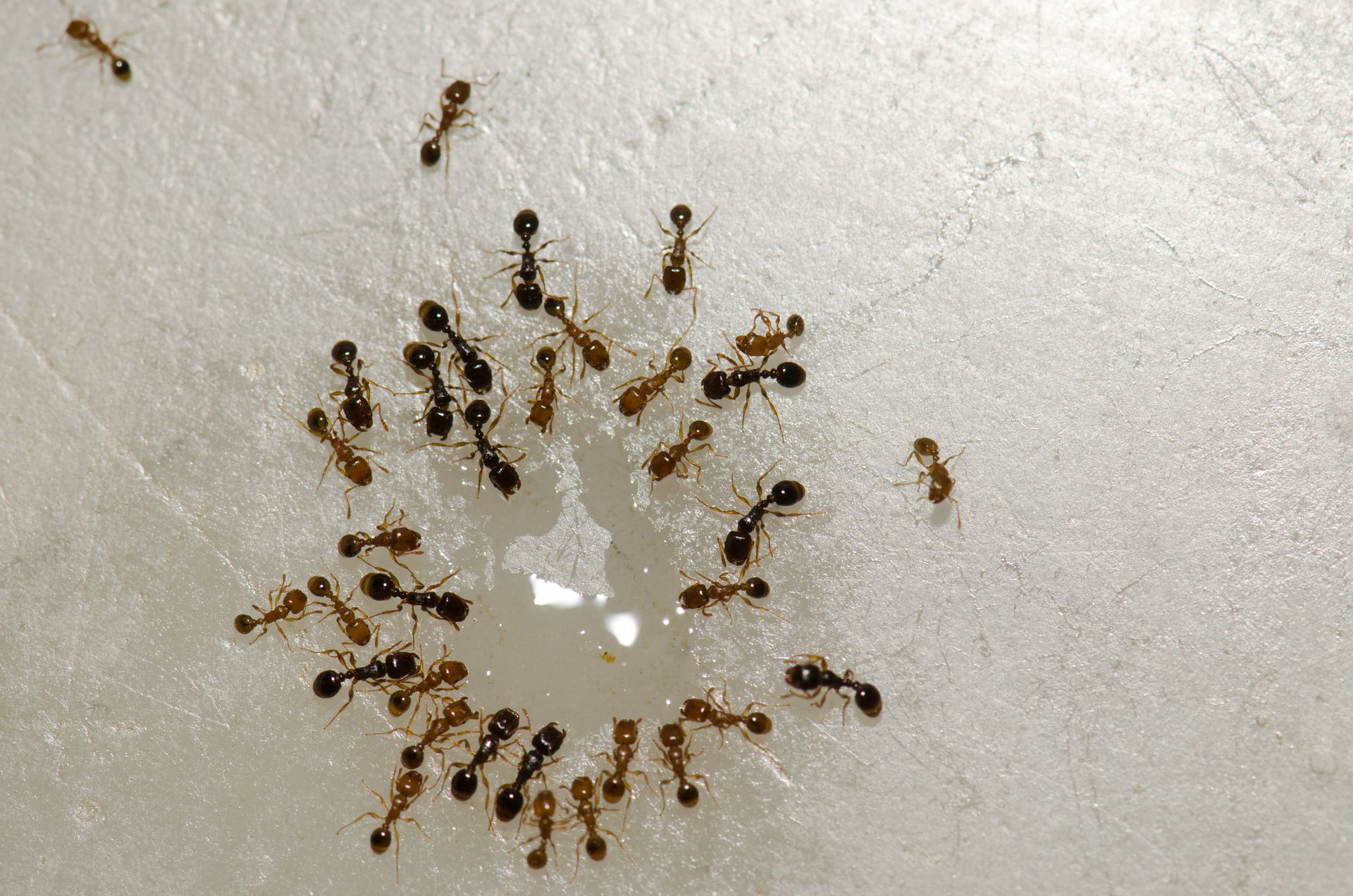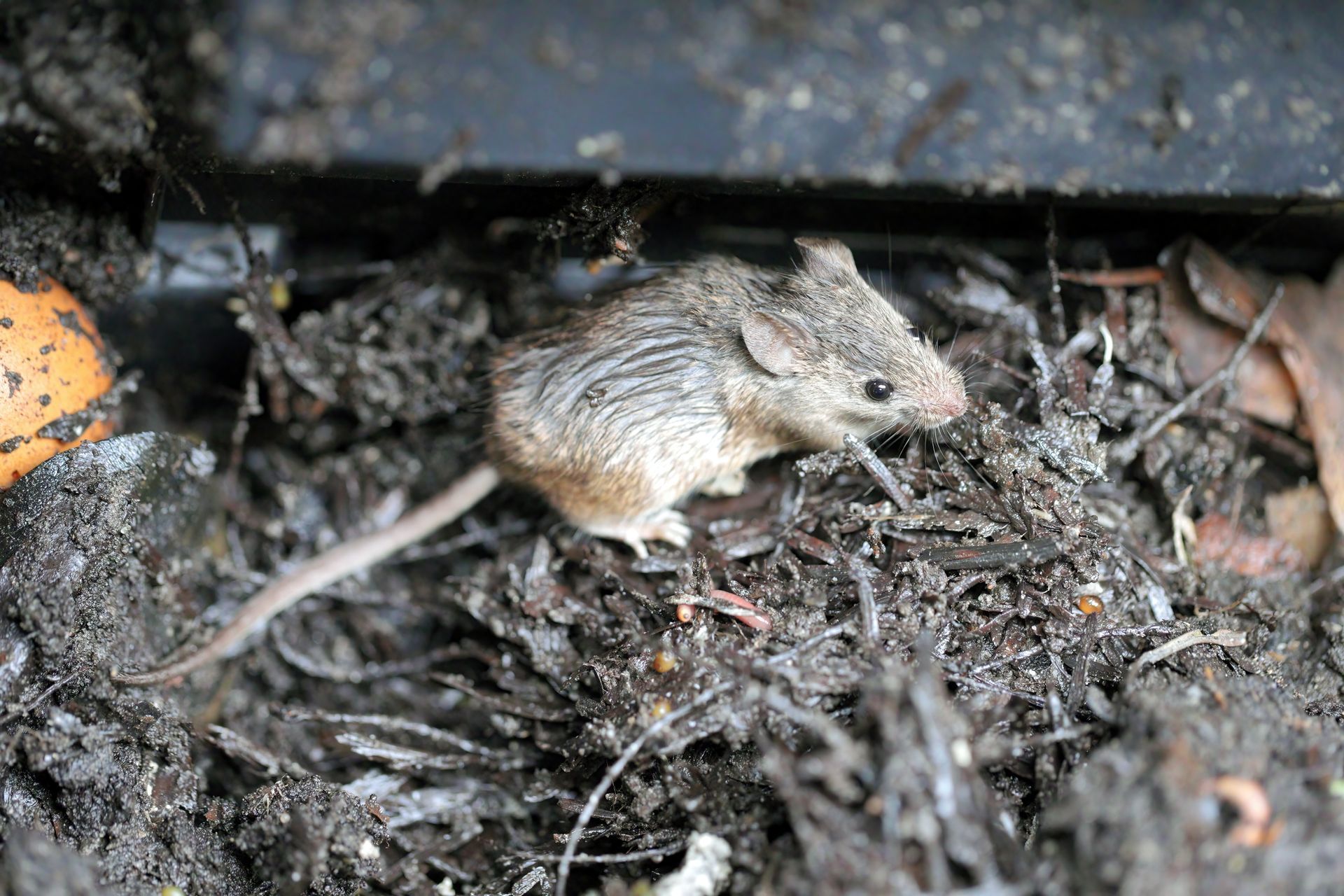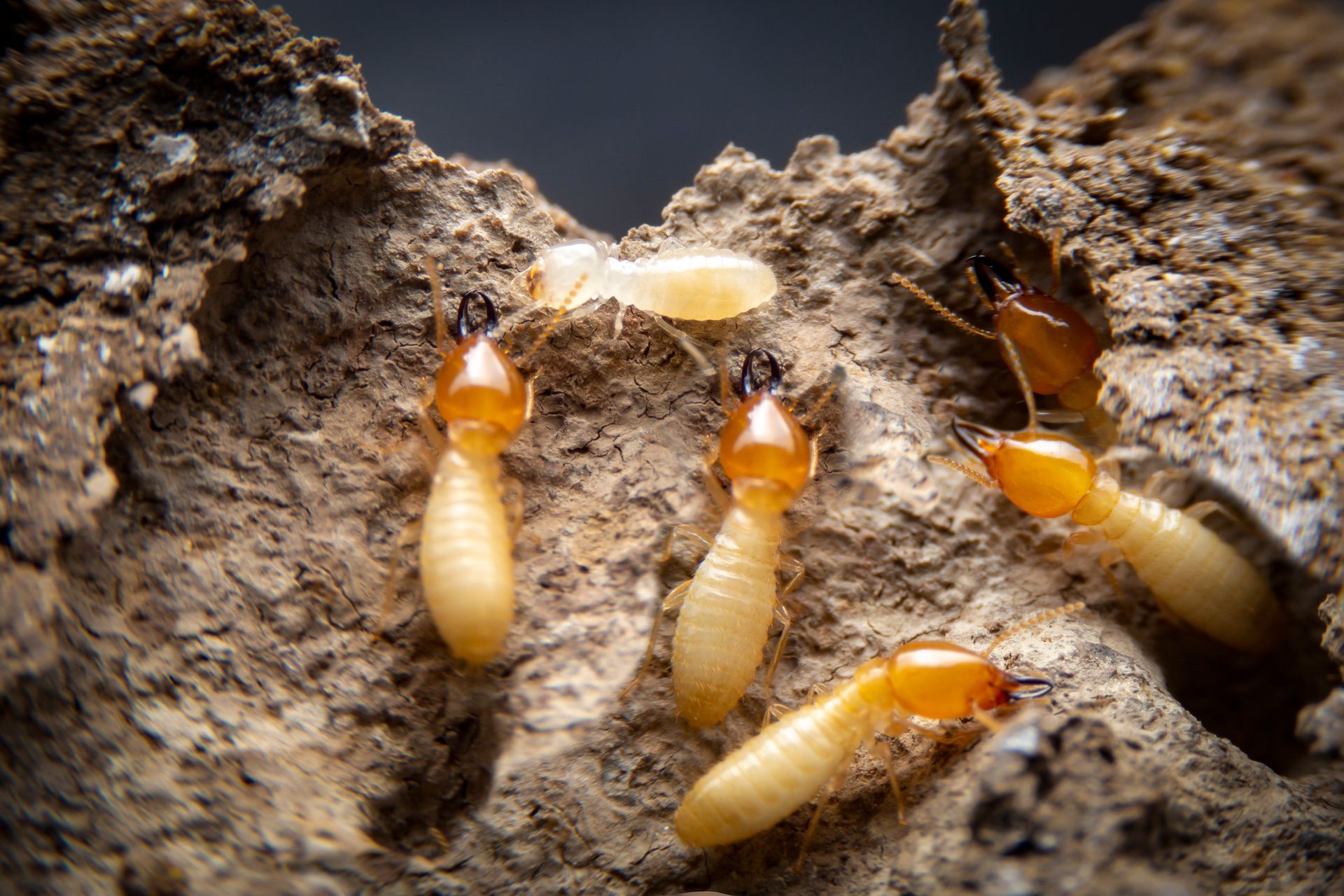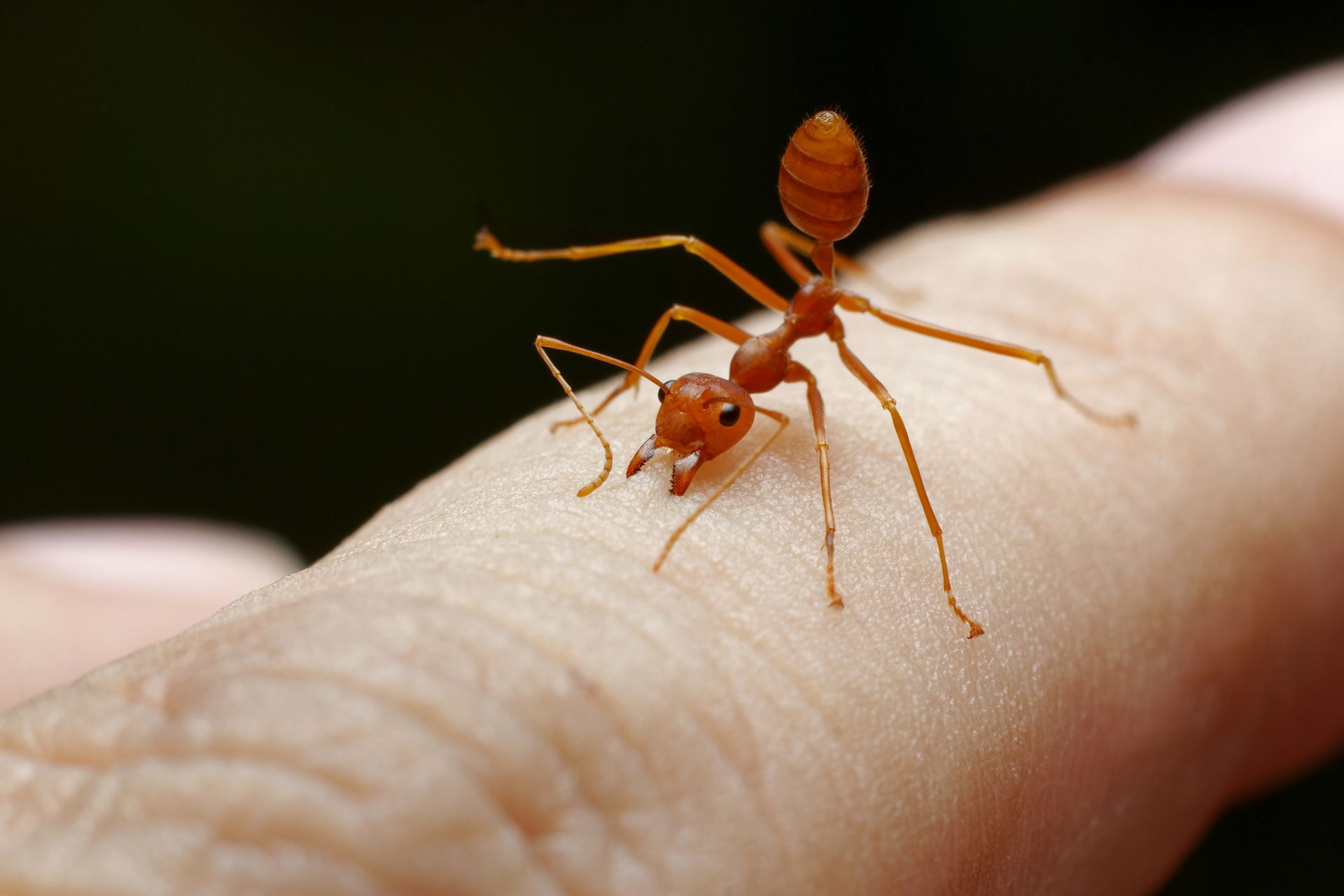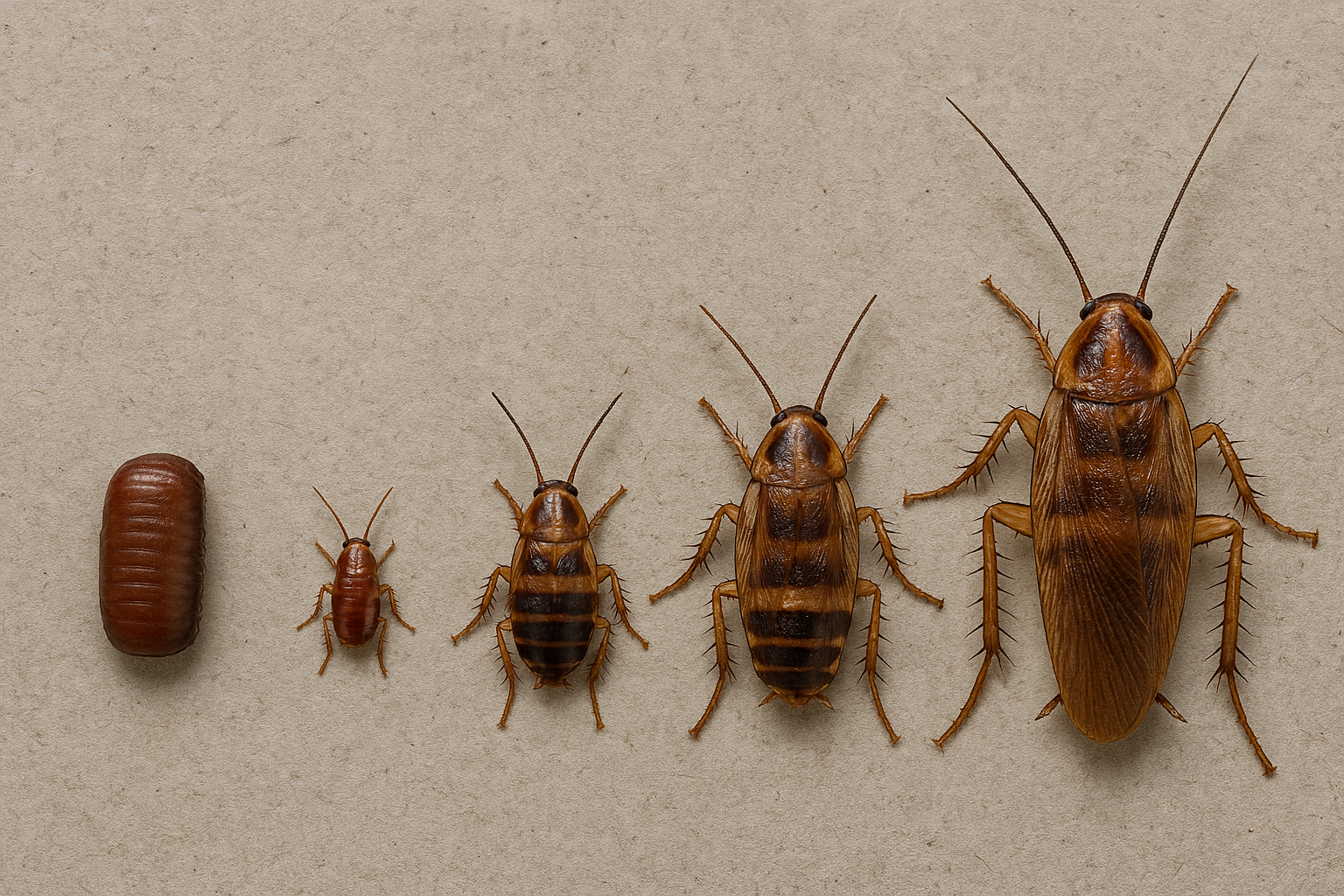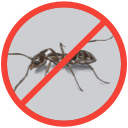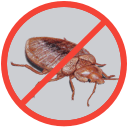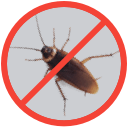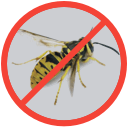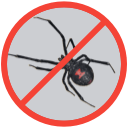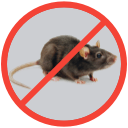Do Wasps Pollinate
Are Wasps Pollinators?
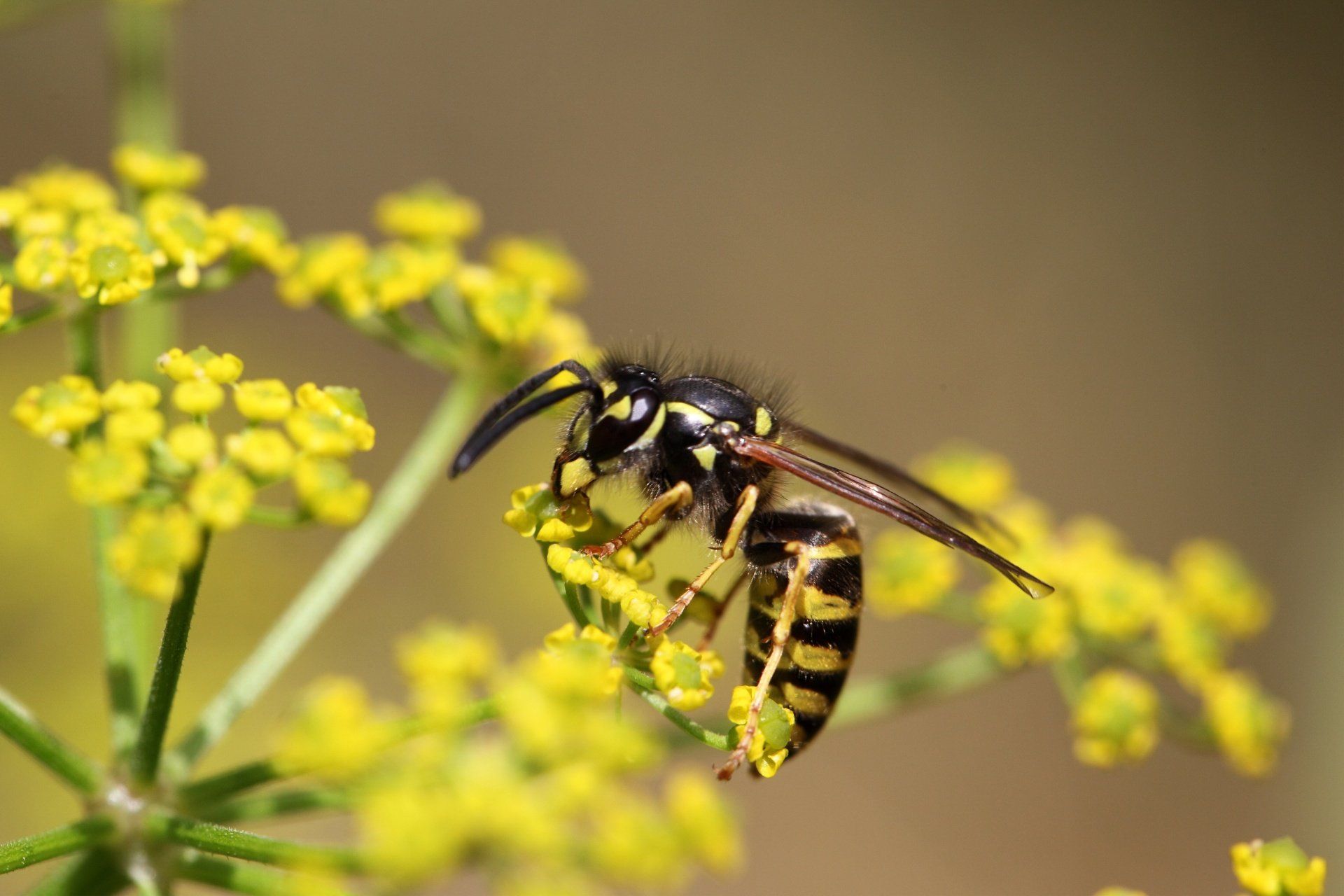
Wasps play a specific role in their ecosystems that provides a significant benefit to the plants in a wasp’s territory. They act as pollinators as well as provide effective pest control against other garden and nuisance pests. Their diet must consist of high energy foods that help maintain a fast metabolism that is needed to keep wasps active. This means that wasps need to feed on the sugar in nectar and proteins from other insects. When they search for nectar, they usually come into contact with the pollen in a flower which then pollinates other plants. Social wasps are more likely to be effective pollinators than solitary wasps because social wasps have workers who spend their day searching for food for the larvae in their colony. They travel back and forth among different plants, creating many more opportunities to help pollinate plants in their territory.
Wasp Diet and Energy Needs
Constantly searching for food keeps wasps busy which leads to a rapid metabolism. This requires that wasps are well fed, otherwise their bodies shut down and the wasps will starve. In order to maintain its ability to keep moving, wasps need to consume a significant amount of high energy food. They typically find this in the sugary nectar of flowers and fruits. They also hunt for proteins that their larvae need to develop which they get from different insects. When these resources decline, then wasps are forced to search for alternatives. This sometimes attracts them to sugary drinks, fruit, and meat which are all commonly found at picnics and parties.
Wasp Pollination Myths
Wasps weren’t always thought to be pollinators. They were originally thought to have smooth bodies that was not covered in a dense layer of hairs that were conducive to being pollinators. That being said, there are several species of wasps and some of the most common household species do have hairy bodies which make them effective pollinators.
Do Wasps Have Hairy Bodies Like Bees
Wasps appear smooth but several species are actually covered in hairs that are so fine, they are almost invisible to see upon inspection. These hairs cover their entire bodies and are dense enough to capture pollen, similar to the hairs on a bee. That being said, wasps feed on the nectar of a flower and not on the pollen itself, which generally make them passive pollinators that are much less efficient at passing pollen from plant to plant.
Wasp Pollination Specialties
Even though wasps may not be as effective at pollination as bees, they do provide a specific role in the proliferation of certain flowers that bees are not attracted to. These specific flowers’ reproduction requires certain wasp species to act as specialized pollinators. A specialized pollinator is a species of pollinator that feeds on a specific flower type and in return helps perpetuate its reproduction cycle. These flowers usually have abundant and accessible nectar in shallow spaces which allow a wasp to drink. These flowers are also typically strong scented and display dull colors which are often overlooked by other pollinators. In many places in the world, certain species of wasps and flowers have evolved together to ensure the survival of both species.
What Flowers Do Wasps Pollinate?
Some of the flower families that rely on specialized pollinators like wasps are orchids. Over 100 species of orchids are exclusively dependent on specific wasp species to carry out pollination. Some species of orchids can attract wasps through specific smells that draw the wasps to feed. Other orchid species mimic the appearance and smell of female wasps so males will attempt to mate with the flower. During these attempts, the wasp collects pollen on its body which then gets spread to other flowers. Some species of orchids have even developed the ability to release green leaf volatiles that attract wasps when the plants are being eaten by caterpillars. This alerts wasps to the presence of caterpillars to feed on, which defends the plant.
Critical Role in Pollinating Figs
Fig plants are another species of plants that have evolved alongside wasps. These species have evolved together for over 60 million years and completely depend on each other to reproduce. Figs are a fruit which have the flowers facing inside the fig. When the fig flowers are ready for pollination, the plant releases chemicals that attract female fig wasps. These wasps will crawl into the fig to lay eggs and while doing so, will pollinate the flowers inside the fig with pollen that came from the fig they were hatched from. The mother wasp and her eggs will remain trapped inside the fig and the mother will eventually die while the fig develops. Eventually the eggs will hatch and release the newborn wasps. After a very short period, the wasps will mate and then the males will eat through the fig to create an access point that the wasps can escape from. The males then die while the females go off to look for another fig to lay their eggs in and restart the life cycle.
Other Benefits of Wasps
While wasps are pollinators, the biggest role they play in the ecosystem is a hunter for other insects. This benefits humans because they prey on insects that typically considered nuisance or garden pests that damage crops. These beneficial flying insects may present a threat to humans due to their ability to swarm a threat, but they are increasingly being used by farmers to help keep insect populations under control. They hunt green flies, caterpillars, and other harmful insects to feed their larvae. This results in the usage of chemical pesticides declining which is good for the overall population of pollinators.
Contact EcoGuard Pest Management to Get Rid of Wasps
Even if wasps play a beneficial role, they still pose a threat to your home and family if they aren’t treated. Using different wasp repellents and deterrents may keep them away but if a wasp nest has been found on or around your home, it could be time to schedule an inspection with an EcoGuard Pest Management wasp expert. We will come out to inspect and create a customized plan designed to get rid of wasps and prevent any future problems. Call today to speak with a licensed and trained wasp control professional!


